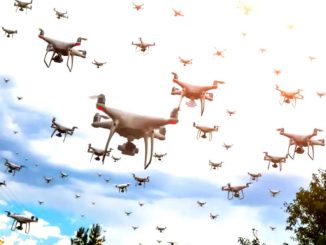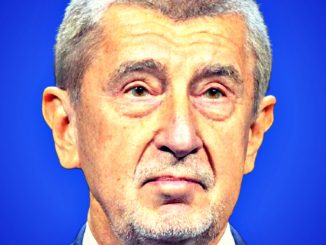
Serbian President Vucic and Slovakian Prime Minister Vico via Instagram
| Published April 17, 2025
Slovak Prime Minister Robert Fico and Serbian President Aleksandar Vučić have confirmed their attendance at Russia’s Victory Day celebrations in Moscow on May 9, 2025, despite strong objections from the European Union. This decision underscores their alignment with Russia and highlights tensions with the EU over foreign policy and historical narratives.
During a press conference in Croatia on Wednesday, April 16th, Fico addressed a journalist’s question about his decision to attend the Victory Day celebrations in Moscow.
He explained that his choice was “rooted” in his understanding of politics and history, highlighting the hundreds of memorials dedicated to Red Army soldiers “scattered across the entire territory of Slovakia.”
“We know who liberated us… No one can take it away from us, no one can tell me we were liberated from the West, when we were liberated from the East,” Fico said.
Vučić, a long-time advocate of Serbia’s neutrality and close ties with both East and West, echoed that sentiment. “We are not ashamed of our history or of our friendships,” he stated during a press briefing.
Key Points:
-
EU Warnings: EU foreign policy chief Kaja Kallas cautioned that participation in the Moscow event could jeopardize Serbia’s EU accession prospects. She emphasized that candidate countries are expected to align with the EU’s stance on international events, especially those involving Russia amid its ongoing conflict with Ukraine.
-
Fico’s Stance: Prime Minister Fico defended his decision by emphasizing Slovakia’s historical ties with Russia. He stated, “I will go to Moscow to honor the memory of the 27 million Soviet citizens who died defeating fascism,” highlighting the significance of Soviet sacrifices during World War II.
-
Vučić’s Position: President Vučić echoed similar sentiments, asserting Serbia’s commitment to its historical relationships. He remarked, “We are not ashamed of our history or of our friendships,” reaffirming Serbia’s neutral stance and its intention to maintain balanced relations with both Eastern and Western nations.
Broader Context:
-
Domestic Challenges: Both leaders face internal pressures. In Slovakia, widespread protests have erupted against Fico’s pro-Russian policies and suggestions of withdrawing from the EU and NATO. In Serbia, Vučić is contending with student-led demonstrations protesting corruption and governance issues.
-
Regional Alliances: Fico and Vučić, along with Hungarian Prime Minister Viktor Orbán, have formed a cooperative alliance focusing on strict anti-migration policies and advocating for peace efforts in Ukraine. This bloc, sometimes referred to as the “BBB” (Belgrade, Bratislava, Budapest) format, represents a collective challenge to certain EU policies.
✅ Overall Takeaway
SOURCES: THE GATEWAY PUNDIT – Slovak and Serbian Leaders Defy EU Globalists, Will Join Russia’s Victory Day Celebration in Moscow Despite Consequences
THE KYIV INDEPENDENT – Serbia’s Vucic to attend Moscow’s May 9 victory parade despite EU pushback
AP NEWS – Serbian president plans to join Putin’s WWII victory parade in Moscow despite EU warning
RT NEWS – Serbian leader to defy EU with Moscow trip
THE MUNICH EYE – Slovak Leader Defies EU as He Plans to Attend Moscow’s ‘Victory Day’ Event





Be the first to comment